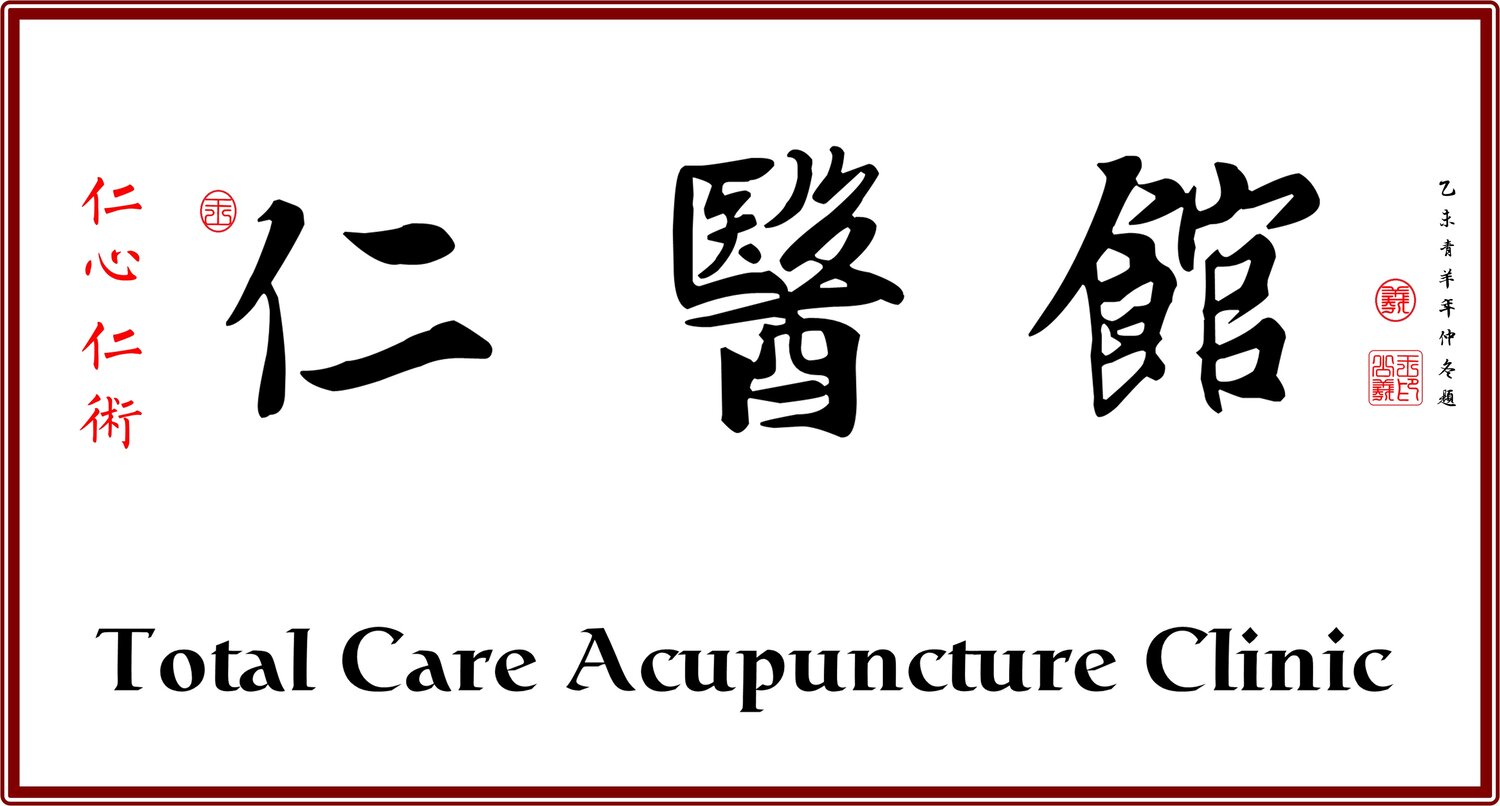
Frequently Asked Questions
What is Acupuncture?
Historically, acupuncture is one component of Traditional Chinese Medicine. It is a method of inserting solid fine needles into the body at specific points to alleviate pain or to help treat a wide range of other complaints. WHO endorses the use of Acupuncture to treat 64 Symptoms.
How does Acupuncture Works?
Acupuncture therapy has long been a well known part of Traditional Chinese Medicine (TCM). According to the theory of TCM, each meridian regulates a set of body functions. Acupuncturist inserts the fine sterilized needles into acupuncture points, which are located in 14 different meridians distributed over the entire human body. Recent advances have demonstrated the mechanistic basis for so-called acupuncture points, as well as describing their functional characteristics. Increasing clinical trials and systematic reviews of acupuncture suggest that Acupuncture has the effect of relaxing muscles, relieving spasms, reducing swelling and local inflammation, increasing local tissue blood circulation, and promoting endorphin release to reduce the pain response.
How often should I have acupuncture treatments?
It depends on your condition and how well it works for you. Like any other therapy, acupuncture has a cumulative effect, with each treatment building on the previous one. At the beginning of treatment, more frequent appointments are recommended. Two sessions a week for five to six weeks is the normal course of acupuncture treatment. L.Ac will discuss with you how many treatments you should have and how often you should have them.
Does Acupuncture Hurt?
Acupuncture needles are flexible, thin, and compared to the size of human hair. Acupuncture needles are not hollow like hypodermic needles at the doctor's office. The needles penetrate the top layer of the skin quickly. Some experience no sensation while others feel when the needle stimulates the Qi (body energy). Slight tingling and warmth are completely normal and most learn quickly how relaxing acupuncture can be. In general, acupuncture treatment is a very comfortable method for improving your health status.
Is Acupuncture Safe?
According to the World Health Organization (WHO) statement, acupuncture treatment is safe. Single-use, disposable needles are now the practice standard for acupuncture treatment, so the risk of infection is minimal. The risk is low if you have a competent, licensed acupuncturist using sterile needles.
Common side effects include soreness and minor bleeding or bruising where the needles were inserted. Unlike drug therapies, it is relatively non-toxic with minimal side effects. The WHO states that this may be the reason why acupuncture is so popular for chronic and acute pain states in many countries.
How Does Cupping Therapy Work?
Cupping therapy is a practice that involves briefly applying rounded inverted cups to certain parts of the body using a vacuum effect. In traditional Chinese Medicine, cupping is said to stimulate the flow of vital energy (known as "Qi") and blood, and to help correct any imbalances arising from illness or injury. It's sometimes combined with acupuncture and tuina, to promote the flow of energy. Cupping has gained considerable popularity in recent years among professional athletes to relieves muscle pain and fatigue.
